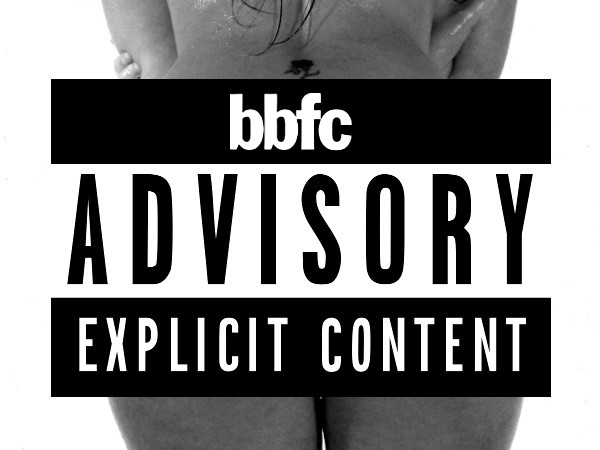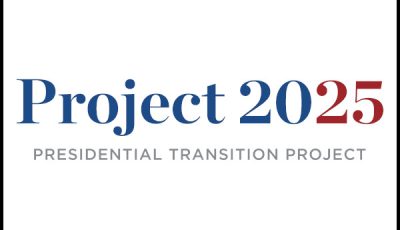Despite UN Criticism, Digital Economy Bill Moves Ahead
 LONDON – Despite harsh criticism from the United Nations’ free-speech representative and other opponents, the U.K.’s Digital Economy Bill is set to receive a second hearing in the House of Lords next week. The House of Commons has already approved the proposed legislation.
LONDON – Despite harsh criticism from the United Nations’ free-speech representative and other opponents, the U.K.’s Digital Economy Bill is set to receive a second hearing in the House of Lords next week. The House of Commons has already approved the proposed legislation.
Among other things, the bill would mandate all domestic and foreign pornographic websites age-verify visitors using an as-yet-to-be-finalized, government-approved scheme. Critics say the proposed law may violate international human-rights accords by exposing internet users to breaches of privacy and interfering with free speech online.
Introduced in mid-2016, the bill attempts to regulate a number of digital issues, but the section dealing with pornography has gained the most attention and attracted the most controversy.
Should the bill become law in its present form, the British Board of Film Classification would be empowered to evaluate website content using the same criteria it uses to rate commercial films. Sites found to contain content rated “R18” (restricted to adults 18 or older) or beyond would be required to employ an age-verification system the government has yet to define. If the sites do not comply, they can be fined and/or see their sites blocked from the U.K. altogether.
The BBFC has already indicated that violent and “criminal” pornographic acts would be prohibited online as they already are in the U.K.’s brick-and-mortar world. “Criminal pornography” includes “non-conventional sex acts” like female ejaculation, sex in public, anything involving urination, erotic punishment that leaves marks, inserting more than four fingers into an orifice and face-sitting. Prohibited content also includes infliction of pain; real or apparent lack of consent; physical restraint; threats, humiliation and abuse; dialogue or other material that may encourage sexually abusive activity (including adults pretending to be non-adults and faux-cest).
Free-speech advocates are certain the legislation would lead to rampant censorship. Once the government begins censoring one kind of speech, other categories will follow.
Cybersecurity watchdogs warn the treasure-trove of personal data created by any age-verification scheme using government-issued IDs could be exploited by the government and/or hackers.
David Kaye, the U.N.’s Special Rapporteur on the promotion and protection of the right to freedom of opinion and expression, has criticized the bill for its potential to create dossiers of private citizen’s internet surfing habits, thereby stripping away anonymous expression.
On the other hand, supporters of the bill applaud it as a safeguard for children online.
One Comment
Leave a Reply
You must be logged in to post a comment.














Pingback: What You Need to Know about the Digital Economy Act 2017 ⋆ buzzy funny talk